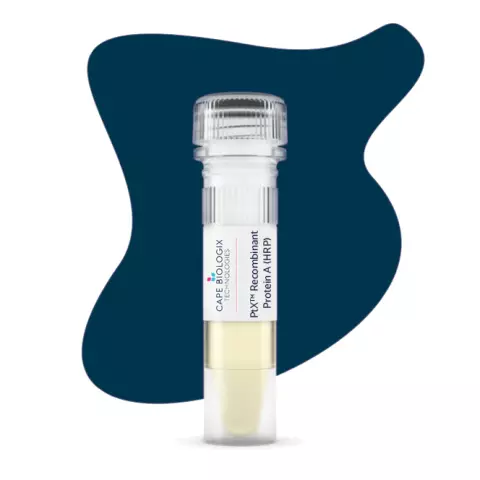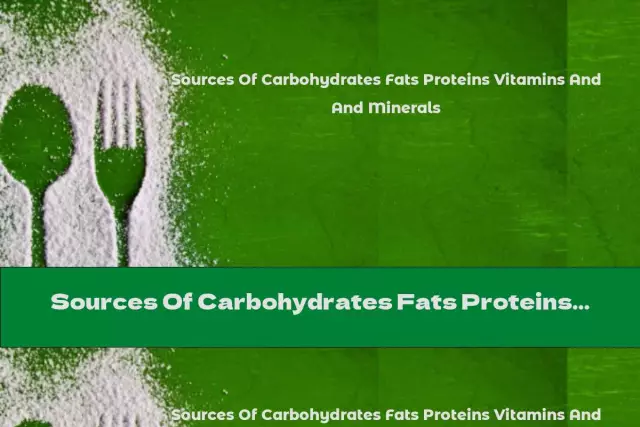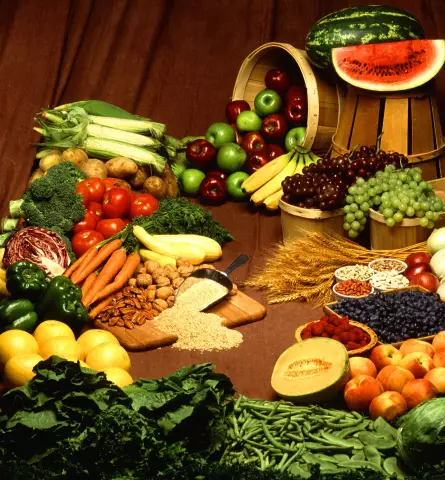- Author Rachel Wainwright wainwright@abchealthonline.com.
- Public 2023-12-15 07:39.
- Last modified 2025-11-02 20:14.
Proteins (protein)
Proteins (protein) (proteinum, pl. Proteina) - polymers containing amino acids linked by a peptide bond in a specific sequence; are the main and necessary component of all organisms.
Protein types:
- Acyl-carrying proteins: participating in combination with oxidative enzymes and with trans-acylases in the biosynthesis of higher fatty acids; polypeptides having a molecular weight of 10,000 and covalently linked to 4-phosphopantothein via a serine residue;
- Virus-specific proteins: having information encoded in the viral genome for their synthesis;
- Virus-induced proteins: those formed in cells infected with a virus;
- Viral structural proteins: virus-specific proteins that are part of the virion, some of the viral structural proteins have enzymatic activity;
- Non-structural viral proteins: virus-specific proteins that are not present in the virion, but are involved in the reproduction of the virus; formed in cells infected with a virus;
- Indigestible proteins: food proteins are not hydrolyzed under the influence of digestive enzymes and are not assimilated by the human body;
- Reserve proteins: used by the body in case of insufficient intake of proteins from food, they are stored mainly in the muscles and liver;
- Food proteins: contained in food products;
- General proteins: hygienic indicator - the amount of proteins in a food product, calculated by the content of nitrogen present in it;
- Digestible proteins: food proteins, broken down to amino acids by enzymes that make up digestive juices, and used by the body for biosynthesis or energy production;
- Protein C-reactive: beta-globulin detected in the blood serum in the presence of certain degenerative, inflammatory, and tumor diseases.
Found a mistake in the text? Select it and press Ctrl + Enter.






